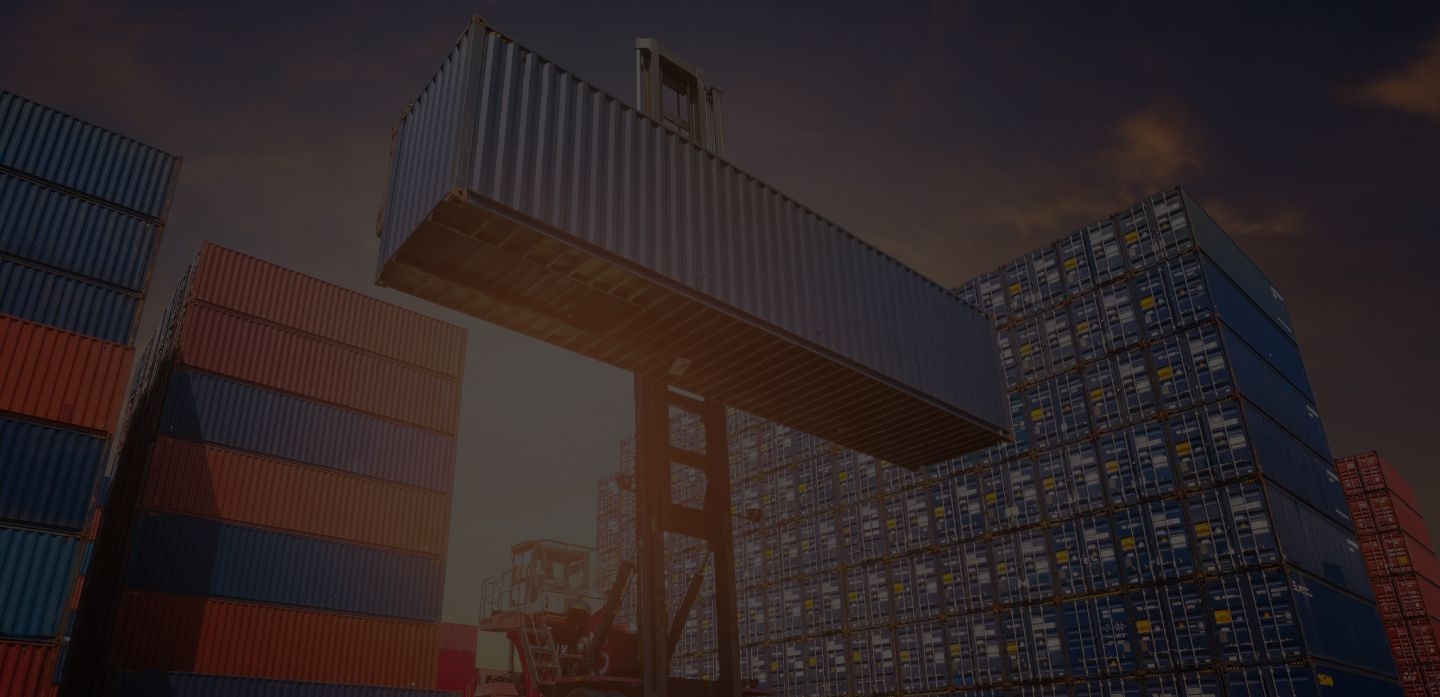
Ocean Freight to Belgium



Ocean freight shipping to Belgium
The Kingdom of Belgium is ranked among the top 20 trading nations in the world. Belgium has a strongly globalized economy, with high per-capita exports and a high GNP. Its major exports include oil, pharmaceuticals, automobiles, and diamonds. It’s worth your while to learn more about ocean freight to Belgium if you’re an exporter.
The country, which has a diverse commercial and industrial base and a well-developed transportation network, is heavily reliant on imports, as it requires substantial raw materials. Antwerp is the country’s economic heart, as well as Belgium’s most populous city. The chemical industry and the diamond trade are both central to the city’s, and the country’s, economy. Antwerp is also an important cultural and tourism center.
Belgium’s biggest trading partners are the US and the EU, and foreign trade accounts for almost 70 percent of the country’s economy. All these factors make knowledge of ocean freight to Belgium vital to any exporter.
FCL or LCL for your ocean freight to Belgium
Either a full container load (FCL) or a shared container-groupage (a less-than-container load, or LCL) can be your choice when shipping cargo to Belgium.
A 20-foot shipping container can fit up to 10 standard pallets, while a 40-foot container can carry 22 standard pallets. Your shipping volume can help determine your most suitable container choice: you will need to choose a full container load if the volume of your shipment is equal to six or more standard pallets.
A full container is also your best option if you wish to avoid any risk of damage to your goods that may be posed by contact with other exporters’ goods.
Exporters must know that there are two types of pallets: Standard (1.2m/47 ¼” X 1m/39 3⁄8”) and Euro (1.2m/47 ¼” X .8m/31 ½”).
It is important to know which pallets you are using and if your cargo is stackable in order to calculate your shipping charge.
Groupage-a shared container (LCL)-is a good choice if isolating your goods from those of others is not a concern. This allows you to pay only for the space you require. Please consult iContainers for rates and other important information.
Ocean freight ports in Belgium
Antwerp is Belgium’s main port, and one of the most important ports in both Europe and the world.
Port of Antwerp
The Port of Antwerp is the second-largest port in Europe and seventh in the world. The Antwerp Port Authority is responsible for the port’s management, and is able to grant concessions to private businesses operating there.
The port is home to the largest chemical cluster in Europe, and handles high volumes of general cargo. It is accessible to capsize ships, with facilities that feature 48 docks and 97 miles of quay and cover over 32 acres.
The port is located at the upper end of the river Scheldt. The estuary is navigable almost 50 miles inland by ships of more than 100,000 gross tons.
Our ocean freight services to Belgium
At iContainers, we provide efficient door-to-door ocean freight services that include pick up and delivery to and from the doorstep of your preferred address. This way, you get to enjoy a seamless end-to-end shipping experience as long as your door-to-door to/from Belgium are with any of the following services:
- Door-to-door ocean freight shipping from Spain to Belgium
- Door-to-door ocean freight shipping from Taiwan to Belgium
- Door-to-door ocean freight shipping from China to Belgium
- Door-to-door ocean freight shipping from Dominican Republic to Belgium
- Door-to-door ocean freight shipping from Mexico to Belgium
- Door-to-door ocean freight shipping from UAE to Belgium
- Door-to-door ocean freight shipping from US to Belgium
What our ocean freight rates to Belgium include
![]()
Consult more ship container rates for your ocean freight to Belgium here.